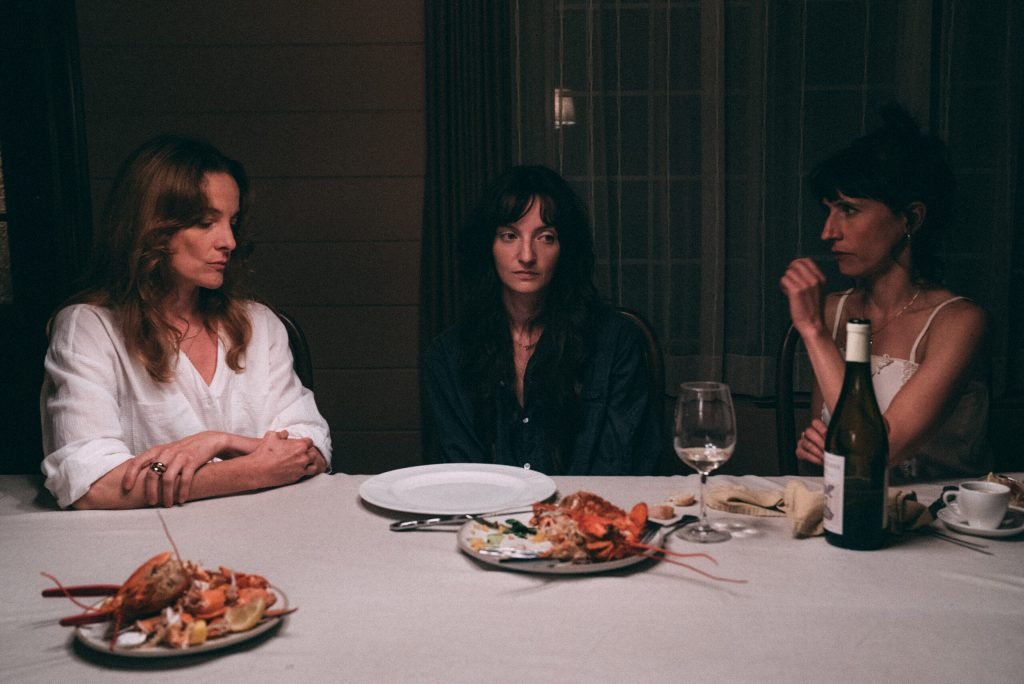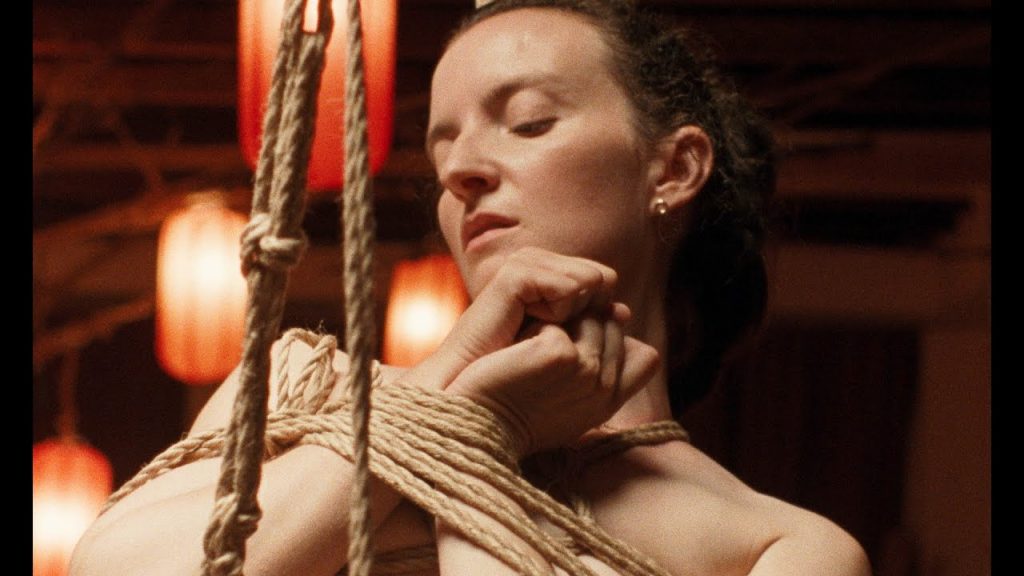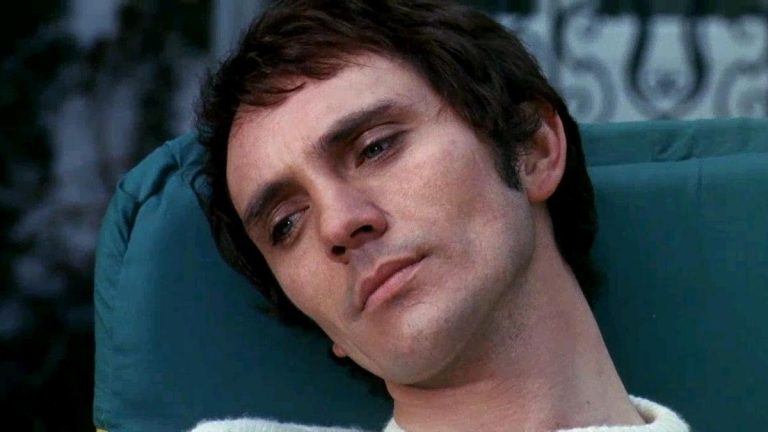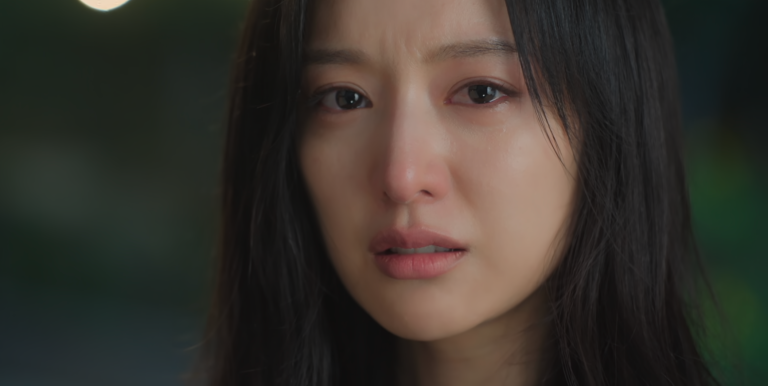That Kind Of Summer (2022) Review: The cinematic representation of the female experience of sexually addictive behavior is few and far between and primarily fraught with the penetrative and ubiquitous male gaze, which places women in the context of male desire. A handful of films that legitimately deliberate on female hypersexuality as a psychopathology call attention to the severe psychological distress, feeling of guilt and remorse, and role impairment that often accompanies such excessive sexual afflictions. The sexually-charged and provocative psychosexual films like Luis Bunuel’s Belle de Jour (1967), Michael Haneke’s The Piano Teacher (2001), and Lars von Trier’s two-part sexual epic Nymphomaniac (2013) explore transgressive female sexuality and traverse through how women participate in risky behaviors to satisfy their compulsion. Such bleak, unflinching, and affecting portrayals empathize with them for their deep fear of intimacy, the pain of loneliness, and emotional isolation.
The prolific Montreal-based filmmaker Denis Cote, best known for his award-winning drama Curling (2010), breaks new ground with his 14th feature, which premiered in competition at the Berlin International Film Festival. Daring, unconventional, and provocative in approach, That Kind of Summer (Un été comme ça) is a poignant and disconcerting psychological exploration of the human condition in general and an intimate examination of human desire and sexuality in particular. The film that follows three “hypersexual” women seeks to impart a close observation of the psychology behind compulsive sexual behaviors as well as attempts to obliterate the stigmatization, moral incongruence, and guilt imposed by a slut-shaming, repressive society. It is an intimate character study/behavioral analysis of a small clique of distinctive personalities who unveil their deep-seated secrets, trepidations, and anxieties in a frank and forthright chitchat in a Freudian “talking cure” psychotherapy session.
Set in an idyllic country house near a lake, That Kind of Summer opens in a 26-day live-in sexual therapy retreat where the founder of the course, Mathilde Esposito (Marie-Claude Guérin), makes introductions and lays out a set of ground rules. She reassures the three women enrolled in the program uncritically, “You are not here for a cure. You are not forbidden any sexual thoughts or behavior here. You are not sick.” She intends the duration of their stay to be of therapeutic goals – healing and introspection, well-deserved rest, testimonials, and “a vacation from the chaos that is probably your life.” This journey, “not a treatment,” will be a respite from unhealthy temptations of drugs and compulsive sex, people who marginalized them, and anxiety-provoking situations. It will guide them in shifting their obsessions and “finding a way to be other than through sex.”
“Twenty-six days with hypersexual. Impure thoughts, nocturnal emissions,” Mathilda warns Octavia (Anne Ratte-Polle), a visiting academic from Germany, who is entrusted with running the summer residency as the in-house therapist since Mathilda is heavily pregnant and is taking a year off from the responsibilities. Though competent and levelheaded, Octavia herself is not unaffected, struggling from a troubled personal life and the recent break-up with her partner. In a supervisory capacity, the security for the women will be ensured by Sami Mansour, a calm and composed social worker from Algeria and the only man in the operative. He is there because “I love people, I really do.”
And the cornerstone of the narrative is the trio of young women struggling with issues of hypersexuality and sex addiction, who must live together for the prescribed time with limited screen time and just a 24-hour break for the entire time and must venture on a soul-searching self-reflection with their psychotherapist. The bevvy of young women, varying in age and libidinal proclivities, is a mixed bunch – Geisha (Aude Mathieu), a mischievous sex worker with a shaven head and multiple piercings, who playfully rake through a men’s soccer practice to service them and even tries to seduce Sami by offering him a freebie and claims that there are plenty of willing men ready to pay $300 in the rough trade; Leonie (Larissa Corriveau), a victim of incest, a sombre, scornful and detached woman who shares her painful memories of sexual abuse at the hands of her father and now relies on masochistic BDSM play to escape from her troubled past and the haunting nightmarish vision of her abusive father emerging from a tub in an abandoned warehouse; and Eugenie (Laure Giappiconi), an unpredictable, volatile and enigmatic woman and the artist of the bunch, who obsessively does incredible charcoal sketches when she is not pleasuring herself or offers free sex to a truck driver, in whom Octavia finds a promising future and sexual appeal.
The talk therapy and the one-day reprieve from the retreat dispense plenty of details about their insatiable sexual appetites. Among the triad, Leonie narrates the most gut-wrenching and distressing experiences of her being molested by her father and her perverted boyfriend fulfilling his male fantasy of offering her to fifteen construction workers and her wish to be humiliated and abused during group sex. Her conflicted emotions of love and admiration for her abusive father are symptomatic of her suffering from Stockholm syndrome, typical in incest or pedophilic situations. Though she feels excitement when she expresses her life story, tears run down her face, and she keeps her hands above her head in a protective gesture. A crucial scene in the film is when Leonie, who has a compulsive taste for S&M, submits to severe bondage play with her former partner and, during aftercare, asks him if she could sleep with him in his bed with a yearning for affection and intimacy.
While Eugenie is plagued by an excessive anxiety disorder and intrusive sexual thoughts and gives a dazed trucker a listing of things he can do to her sexually, Geisha flirtatiously goes with her partner into the middle of a field, and the scene is replaced with animal symbolism in the image of a horse. Out of all the women characters, Octavia emerges as a transformed self, as she herself had a phase of compulsive sexual disorder. She realizes that it is out of the question to believe that she can break the addictive patterns of these women, but she herself adapts and confronts her weaknesses and failures head-on. In contrast to the usual objectification of women, Sami finds himself as the objectified victim of the triad’s pestering and harassment here; however, he is empathetic and understanding. Diane (Josee Deschenes), the cook and housekeeper, is the only character who is unsettled and distraught by the outspoken and blunt declarations of the trio’s troubled past and actions. She even asks Geisha if she does not care even one bit about how boys look at her, and this is indicative of the societal perception of sexual addiction.
Shot in textured 16mm, That Kind of Summer is a slow-moving drama that plays out like a documentary with a well-intentioned goal of evoking sex-positive thinking and embracing all kinds of consensual sexual behaviors. But, in the end, this near non-judgmental narrative is inherently anticlimactic as the characters are essentially unchanged from their destructive and harmful behaviors. The handheld camera, with its shaky and skittish quality, captures the restlessness of the hypersexual and their unresolved and disrupted mental states. The grim and unflinching lengthy monologues proffer uninterrupted access to the plethora of deeply disturbing mental processes of the women. It is extremely uncomfortable to watch the disclosure of the triad’s most intimate and violent sexual experiences and histories. The link between hypersexuality, sexual degradation, and traumatic past, a generalized hypothesis in films exploring female sexuality, recurs in this narrative as well.
Though Denis Cote spares no effort to stamp out the male gaze that can pierce through the narrative, it is successful in doing away with the invasive voyeuristic/scopophilic gaze for the most part. However, at times, it becomes ambivalent when the gaze of the camera lingers on the female body, and we are uncertain whether it is indeed the female desire and fantasy on display. The film scrutinizes and glamorizes the sexuality of the addicts, which is inevitable, as it is, for all intents and purposes, about their own recovery from dysfunction and abuse. Occasionally, the film ascends to the level of soft pornography, but it closely lays out the rationale for the women’s compulsion, addressing their abusive past and traumatic memories.
With rich and suggestive erotic details, Cote’s That Kind of Summer explores the psychology of female sexuality by bringing the life story of three women under the microscope. The treatment of its sexual frankness with an unobstructed lens is rather affecting as it renders us with the reality of out-of-control impulses and how they make their lives unmanageable. The performances of Larissa Corriveau, Laure Giappiconi, and Anne Ratte-Polle excelled as they are more rounded characters than others with a complexity that goes beyond the peripheral features. By taking a non-exploitative approach, Cote definitely marks a radical change from those filmmakers who indulge in titillating the viewers at the expense of the extremes of female sexuality.








